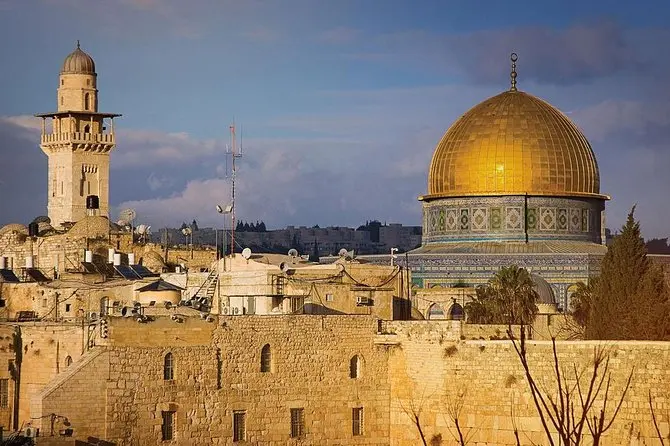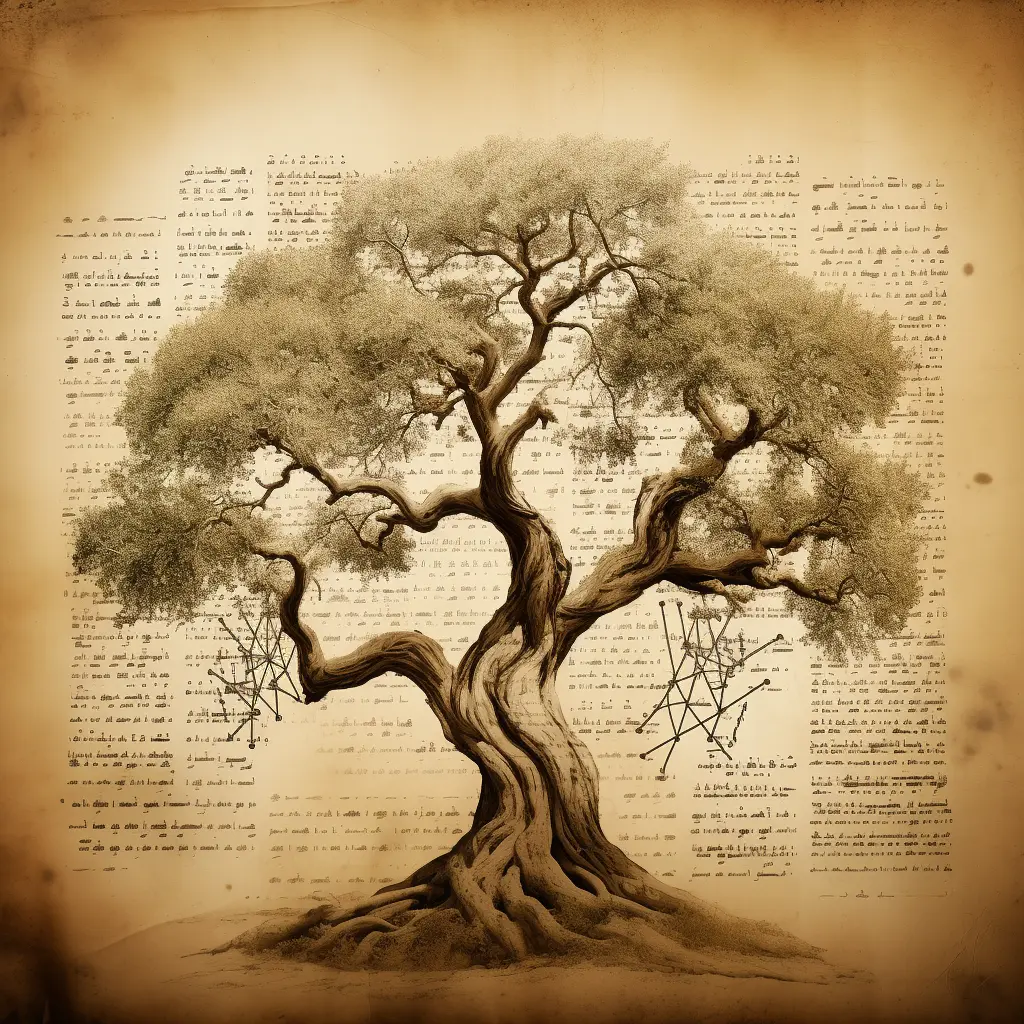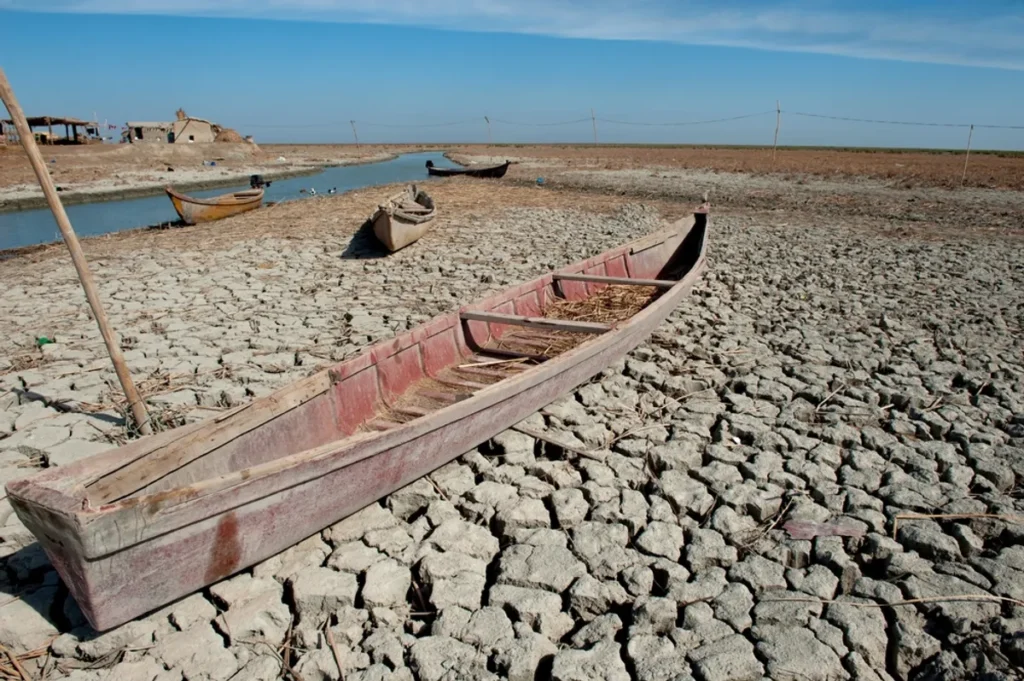
Context of Israel’s stay in Egypt
The historical time frame of Israel’s sojourn in Egypt forms a significant cornerstone in both Egyptian and Israelite historical narratives. Many scholars have deduced that this event possibly took place during the New Kingdom epoch, roughly 1550–1070 BC, specifically under the reign of Pharaoh Ramses II. Often attributed to a time of monumental societal and political upheaval, it was a phase when the ancient Egyptians wielded substantial control over the region. However, it also set the stage for the Israelites’ descent into enslavement, as encapsulated in numerous religious texts.
It is believed, based on Biblical accounts, that the Israelites lived in Egypt for about four centuries, a duration that undeniably left profound influences on their culture, faith, and communal identity. This distinct period was filled with extraordinary events that epitomized profound societal, economic, and religious fluctuations. A meticulous inspection of these occurrences can enrich our comprehension of both the historical and cultural developments of that era. The Biblical account of the Israelites’ Exodus from Egypt, whether seen as a literal event or a symbolic narrative, certainly overshadows the existence of Israel in Egypt’s land due to its spiritual significance and enduring cultural resonance.
Israel in Egypt – Historical Background
Genesis accounts of Israel’s stay in Egypt
Radiating back to the Biblical era, the narrative of Israelites’ stay in Egypt is one of the crucial chapters in the book of Genesis, vitalizing the historical interface concurrently. The acme of this narrative centres around a prominent figure, Joseph, who was sold into Egyptian slavery by his brothers, only to rise as the second-in-command to Pharaoh through interpreting dreams.
Under the reign of a benevolent Pharaoh who favoured Joseph, the Israelites, descended from Jacob (Joseph’s father), found sanctuary and flourished on the fertile expanses of Egypt’s land, specifically in the region of Goshen. However, as time passed, a new Pharaoh, oblivious to Joseph’s favor, rose to power and fearing the growing Israelite population, enslaved them marking the commencement of a gruelling period of hard labour and oppression for the Israelites. In this milieu, the figure of Moses appears, destined to lead his people out of Egypt to the promised land.
The Exodus, as it is known, occurs after a series of ten plagues that God inflicted upon Egypt to convince the Pharaoh to free His people. This tale of survival, endurance, and liberation encompassed in the Genesis account significantly impacts the historical, religious, and socio-cultural landscapes, outlining the inception of a critical phase in Israelite history. Remembered annually through the Jewish festival of Passover, the sojourn of the Israelites in Egypt encapsulates crucial aspects of their ancestry, identity, cultural heritage and more importantly, their unyielding faith in the Divine. Thus, the Genesis narrative is not just an account of historical progression, but a collective memory that has shaped and continues to inform the national consciousness of the Jewish people.
Related: The Israel-Palestine Conflict 2023: A Historical Overview
Egypt’s role in Ancient Near East during Israel’s sojourn
Between the 19th and 12th centuries BC, Egypt was a leading political and military force in the Ancient Near East – a region that extended from the eastern Mediterranean to Western Asia. As part of its expansive sphere of influence, Israel spent approximately four centuries under Egyptian rule, a period often referred to as the ‘Egyptian Sojourn.’ This was a time of profound political and cultural change in Egypt, with the ‘New Kingdom’ period witnessing Egypt’s apex where it enjoyed unparalleled wealth and influence. The Pharaohs during this time extended their control far beyond their borders, impacting the lives of those dwelling in Canaan, which included the Israelites.
Canaan, home of the tribes that would eventually crystallize into Israel, was under Egyptian military and administrative control during much of this period. The Israelites’ descendants apparently migrated to Egypt because of famine, marking the beginning of their centuries-long sojourn. The extent to which the Ancient Egyptians influenced the Israelites during their sojourn is still a subject of intense academic discussion, but it’s undeniable that this period left an indelible mark on Israel’s collective identity and their religious and cultural development.
The end of the New Kingdom period and Egypt’s subsequent decline likely influenced the Israelites’ exodus from Egypt, marking a turning point in their history. However, the specifics of this event, including the exact chronology and causative factors, remain shrouded in mystery due to the scarcity of concrete archaeological evidence and historical records. However, the story of Israel’s sojourn and eventual liberation from Egypt has forever been immortalized in the biblical traditions and continues to inspire future generations.
Life of Israelites in Egypt
Slavery, Hardship, and Oppression
During their long sojourn in Egypt, the Israelites endured a life fraught with brutality and exploitation. Initially welcomed as honored guests due to Joseph’s high-ranking position, their societal status dramatically diminished over time. With a shift in ruling power came a change in sentiment as the Pharaoh grew fearful of the Israelites’ increasing population, perceiving them as a threat to Egypt’s sovereignty.
Stripped of their freedom and rights, the Israelite community was consigned to the harsh life of bondage. In their enslaved condition, they were forced to toil day and night in the scorching Egyptian sun, constructing grand monuments, cities, and edifices that glorified their taskmasters. The raw materials for these structures — clay, mud, and straw — were to be gathered by the Israelites themselves, which added to their physical exhaustion. As the Bible narrates, they were “pressed with heavy burdens”, with the oppressors treating them ruthlessly. The trials of the Israelites were not limited to grueling manual labor.
They were subjected to physical intimidation, psychological torment, and the crushing weight of humiliation. The Pharaoh even dictated an inhumane policy of infanticide, ordering the killing of all newly born Hebrew boys to curtail the growth of the Israelite population. Over the decades, these sustained forms of disenfranchisement, despair, and systematic persecution molded the collective consciousness of the Israelite community, instilling in them the yearning for freedom and setting the course for their eventual exodus.
Cultural Interactions and Influence
The coexistence of Israelites and Egyptians resulted in rich cultural exchanges that can be seen in various aspects of their respective societies. The dynamics of this relationship were multifaceted as interactions were marked by periods of cooperation, conflict, and assimilation. On one hand, the Egyptians had a profound impact on Israelite culture through their advanced heiroglyphic scripts, architectural styles, and artistic expressions.
Influences can be seen in the developing script of the Hebrew language, the construction of buildings, and many facets of daily life including cuisine and clothing. On the other hand, the presence of the Israelites in Egypt also bore significant influence on Egyptian culture. The Israelites held monotheistic beliefs while Egyptians were traditionally polytheistic. Over time, some Egyptian cults adopted monotheistic traditions, a shift which some historians attribute to Israelite influence.
Moreover, the accounts of Israelites’ sojourn in Egypt, as detailed in Hebrew Scriptures, have greatly shaped the world’s understanding of ancient Egypt and the Israelites’ own perspective of themselves as a nation. It is important to note that these cultural interactions and influences were not one-dimensional; they were complex and constantly evolving, resulting in a blending of two distinctly different cultures which has left an indelible mark in history.
The Exodus
Moses and the Plagues
In the epic narrative of the Exodus, Moses, a key figure raised in Pharaoh’s palace, plays a pivotal role. Appearing before the Pharaoh, Moses demanded the liberation of his people from bondage. His pleas, however, fell on deaf ears, prompting divine intervention. God inflicted ten disastrous plagues upon Egypt, which ranged from turning the Nile into blood, to a deadly hailstorm, and ultimately the death of the firstborn in each Egyptian family. These calamities served a dual purpose: demonstrating God’s supreme power over the Egyptian gods and convincing the Pharaoh to release the Israelites from their chains of slavery.
The Passover and the Actual Exodus
The Passover is a significant event in Israel’s history, marking their liberation from Egypt. It symbolizes the tenth plague inflicted on the Egyptians when every firstborn was killed, prompting Pharaoh to free the Israelites. The Israelites were instructed by God to mark their doors with lamb’s blood, ensuring the angel of death would ‘pass over’ their households. After this event, the actual Exodus began. Moses led the Israelites across the Red Sea, which was miraculously parted by God. Saliently, this journey from degradation to freedom embodies the foundation of Israelites’ faith and their unique relationship with God.
Implication for Modern Interpretation
Sociological and Historical Perspective
Studying Israel’s time in Egypt from both sociological and historical viewpoints allows us to understand the intrinsic cultural complexities and power dynamics that shaped the period. This provides valuable insights into contemporary interpretations and discourse surrounding this epoch.



